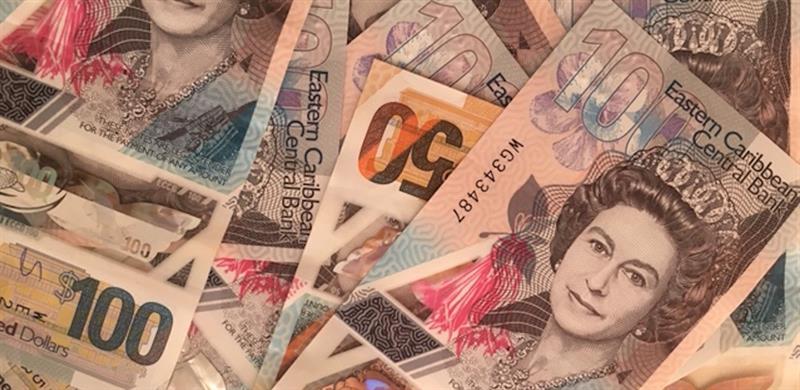ECCB governor speaks on inflation
By GIS


ECCB Governor, Mr. Timothy Antoine, spoke recently on inflation and the impact of the global increase in interest rates on islands within the Eastern Caribbean Currency Union.
“One of the issues that is top of mind is inflation. It is a difficult problem at the moment for countries large and small,” he said. “The consensus is that the major central banks must do whatever it takes to get inflation under control. That means raising interest rates and ultimately, there is a possibility that a recession may occur as a result of the efforts of central banks globally to try to address the recession. In the ECCU, we import inflation, principally from the US and also from Europe our major trading partners. So there is nothing that the ECCB can do about inflation. We are not raising interest rates. The countries raising interest rates are the big central banks in the US, UK and China. So we have to grapple with this issue.”
The US Federal Reserve on July 27 enacted its second consecutive 0.75 percentage-point interest rate increase in an effort to curb inflation. For the US, this affects short term loans, adjustable mortgages, auto loans and credit cards. The ECCB governor said that within the ECCU, there is no immediate impact to the cost of borrowing. The real concern is the cost of inflation.
“In terms of interest costs I think the concern is what does that mean potentially for the cost of borrowing. Those costs really depend on where you’re borrowing. So if you’re borrowing in US dollars from foreign markets you will be paying more. That is why mortgages in the United States are now becoming more expensive. But if you borrow in EC dollars there is no immediate impact because the ECCB is not raising interest rates. The determination of the lending rate in the region is really competition among the financial institutions. If you notice, over the last decade, mortgages in the ECCU have come down significantly, and the reason for that is because of competition. So there is no immediate worry about borrowing costs, but there is a real concern about inflation because we import so many things. Every price increase on food, fuel and fertilizers, we’re importing those things.”
Mr. Antoine explained that this has negatively impacted Eastern Caribbean territories, as governments seek to cushion their populations from the devastating impacts of inflation.
“The Governments are really in a bind because they are making efforts to try to cushion the effects of inflation on the population. For example, in Saint Lucia, a 20-pound cylinder is $43. At the moment the government is subsidizing these gas cylinders by $22. That means if the government did not provide a subsidy, Saint Lucians would be paying $65 per 20-pound cylinder. As a result, government revenues ae hurting and its ability to service other areas is compromised. So that is a major concern for the ECCU, the question of when will inflation decrease.”
Inflation affects consumers negatively because rising prices result in a loss of purchasing power. And while global interest rate hikes are implemented with the aim to curb inflation, Mr. Antoine says it’s anyone’s guess when the current trajectory will take a downward turn.









